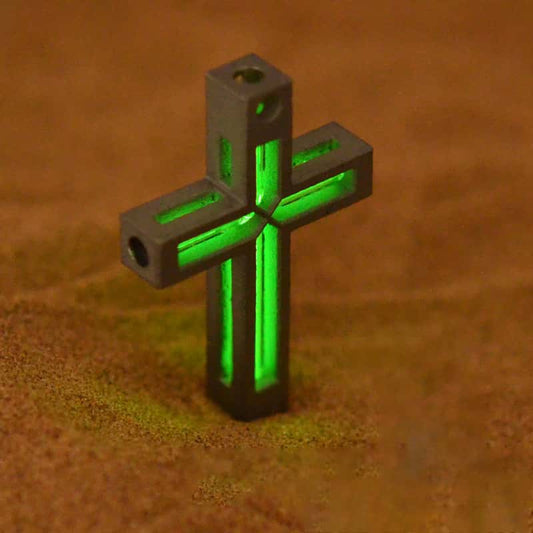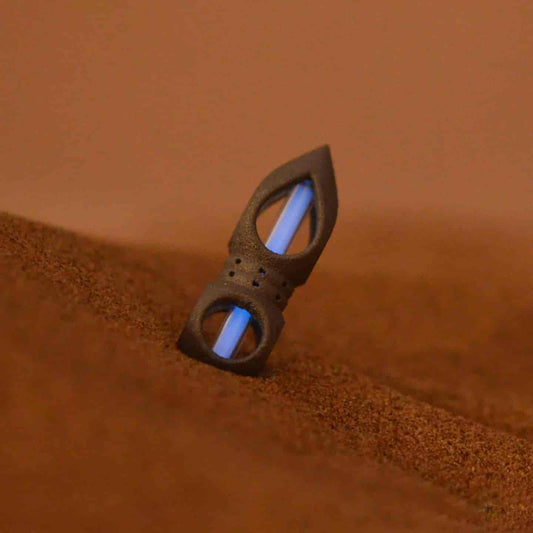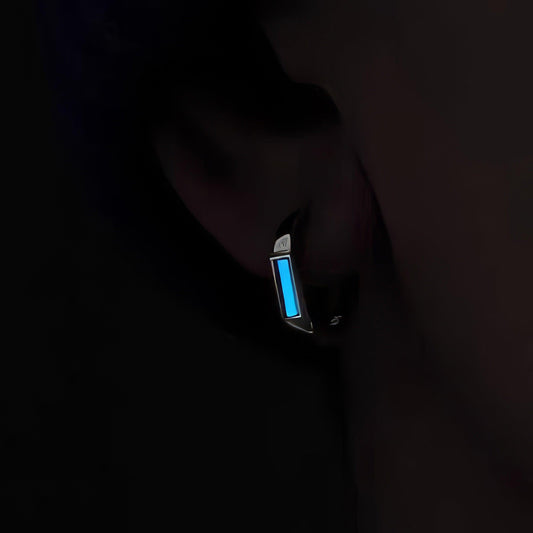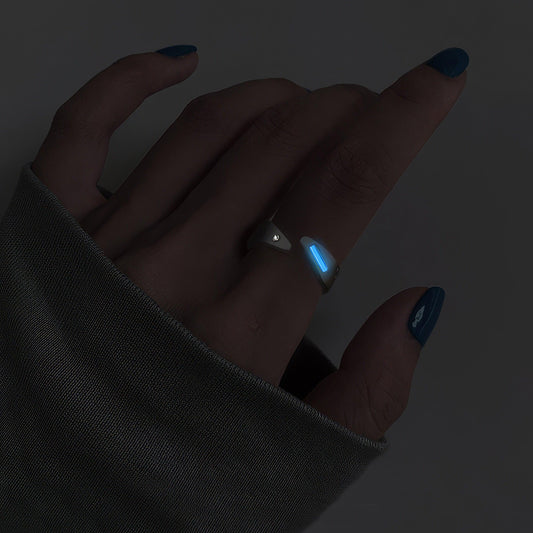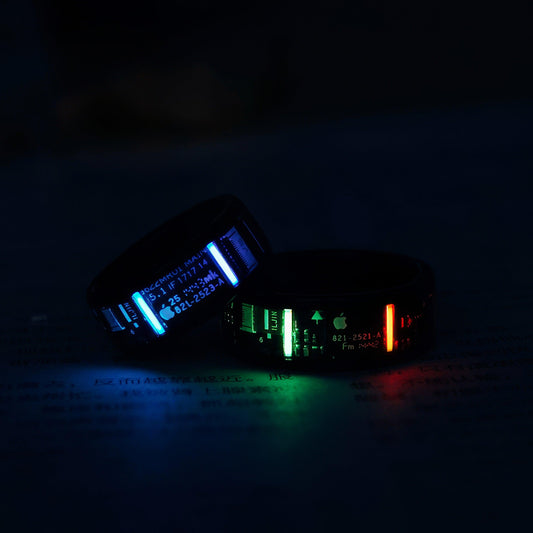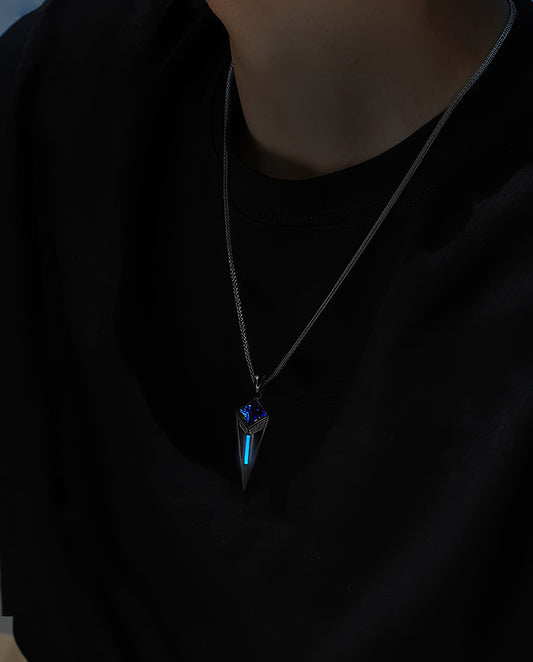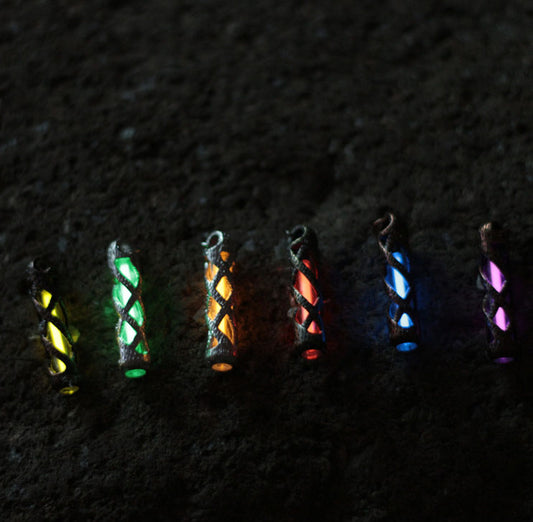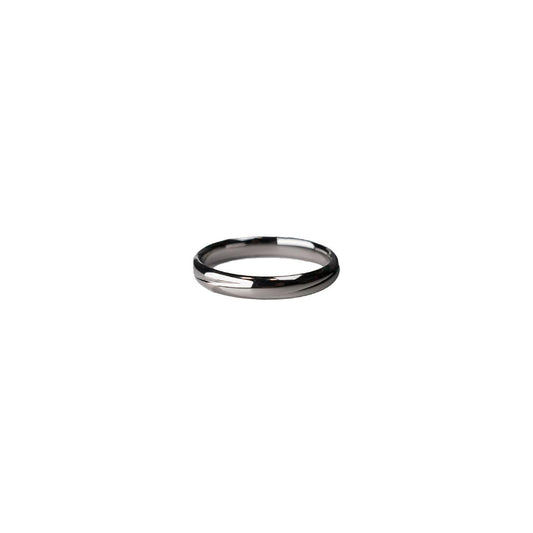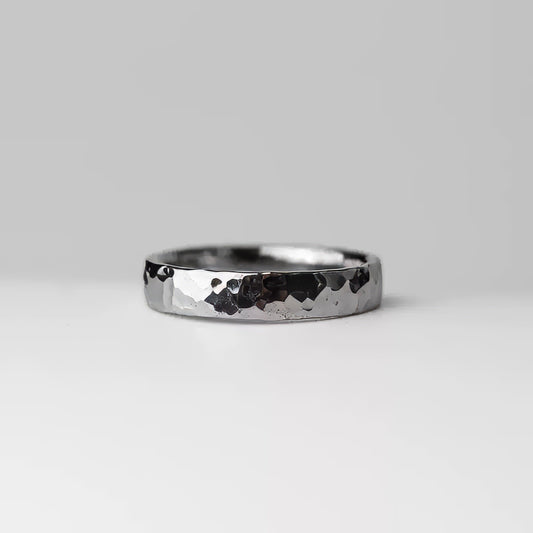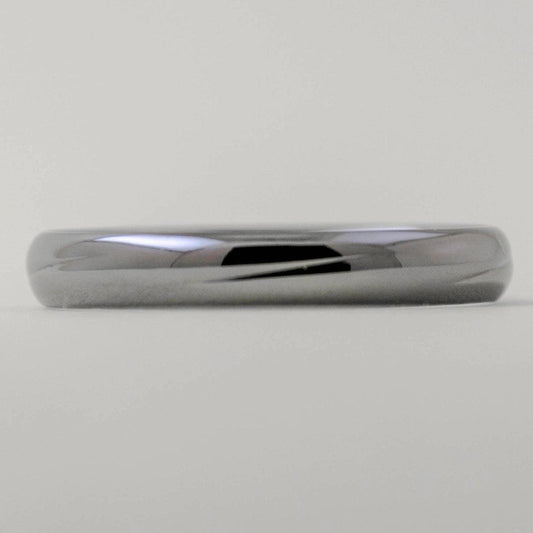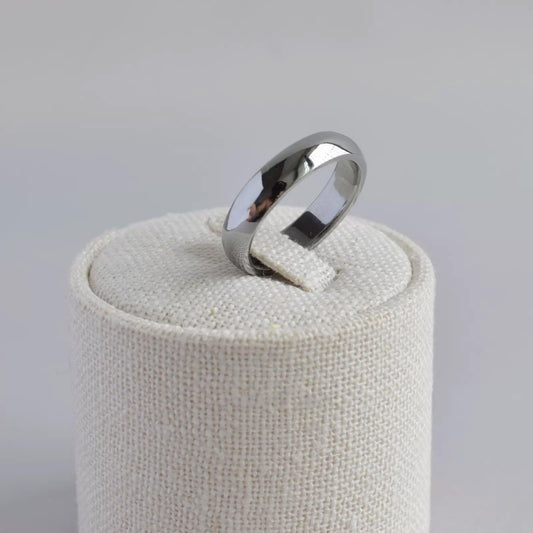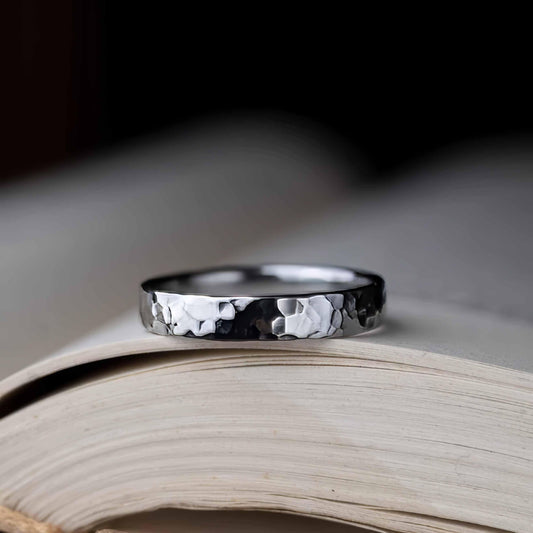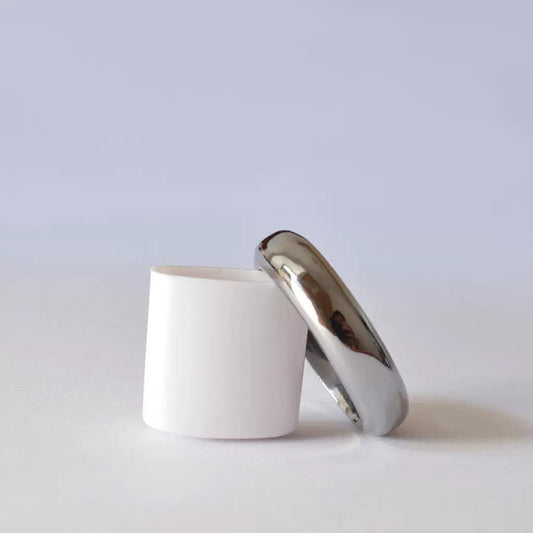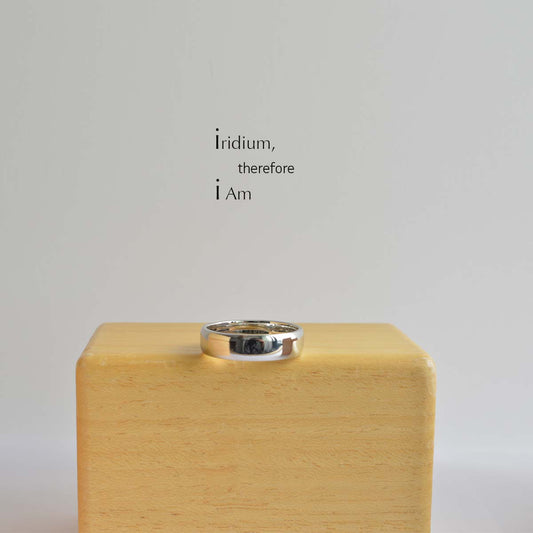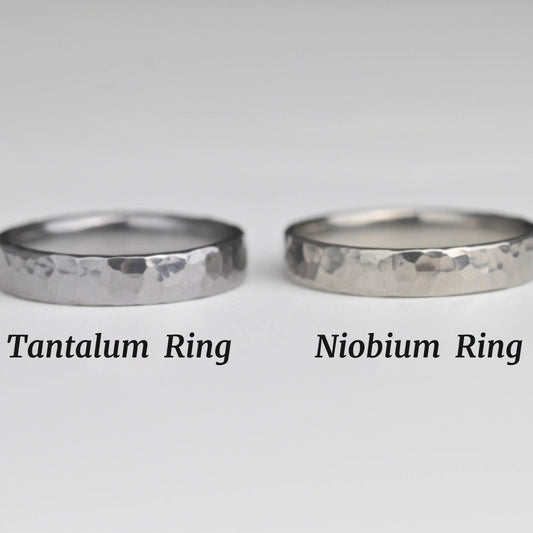Who Buys the Mans Wedding Ring Unraveling a Modern Mystery
Who Buys the Mans Wedding Ring Unraveling a Modern Mystery
Growing up, I always thought the wedding ring exchange was a seamless event, a moment where two individuals become one entity, surrounded by eager eyes and heartfelt blessings. But when my best friend Aaron was getting married last spring, something about the whole process of buying wedding bands caught my attention—who exactly buys the man's wedding ring?
In Western culture, traditions often point to the bride purchasing the groom's ring as a gesture of commitment, just as the groom proposes with an engagement ring. However, like any tradition, this one isn't set in stone. These days, the decision on who buys the groom’s ring often comes down to personal choice, financial considerations, and sometimes even family customs.
Just as Aaron and his fiancée Sarah were mulling over their options, he called me one evening. "Man, there's so much to think about," he confessed, sounding more overwhelmed than I'd heard him in a while. We started talking about rings—not the engagement kind, but those for the wedding. He mentioned how Sarah had shown him a sleek titanium band, something distinctly modern and stylish, yet profoundly simple. "I like it," he said, "but should she really be the one buying it?"
The conversation led us into unexpected territory. As I recalled, marriage was about partnership and equality, but the practicalities around it can sometimes reveal parts of ourselves we hadn't considered. In Sarah and Aaron’s case, it made sense for her to buy his ring because she had a knack for finding deals and had been saving specifically for it. Plus, she knew Aaron’s style better than anyone.
The choice of material for a man's ring also adds another layer to the decision. For instance, gold or platinum tend to be traditional choices, while materials like tungsten or titanium are rising in popularity for their durability—something Aaron appreciated considering his love for outdoor activities. Each material not only reflects personal taste but can also symbolize different aspects of a relationship, like strength or resilience.
Reflecting on our chat later that night, it struck me how buying a wedding ring is much more than a mere transaction. It’s a personal decision that weaves together the couple’s preferences, practicalities, and shared vision for their future. For years, the ritual was masked under the guise of societal expectation, yet it seems that today’s couples prefer to choose their path—sometimes taking turns, sometimes sharing the cost, and sometimes deciding individually but collectively.
Of course, there are always twists in the tale. Back when my grandparents exchanged vows, my grandfather went against the tide and purchased his own wedding band. He liked to joke that he was making sure it fit perfectly, but deep down, it was his way of contributing to a tradition that heavily leaned on the bride’s side. Until now, I never quite appreciated how that decision reflected his understanding of partnership.
So, who buys the man’s wedding ring? There's no definitive answer, but isn't that part of what makes each love story unique? In the end, whether it's the bride, the groom, or a shared endeavor, it's the thought behind the ring that counts. As Aaron later told me, "It's not about who pays for it; it's about what it represents." I couldn’t agree more.
